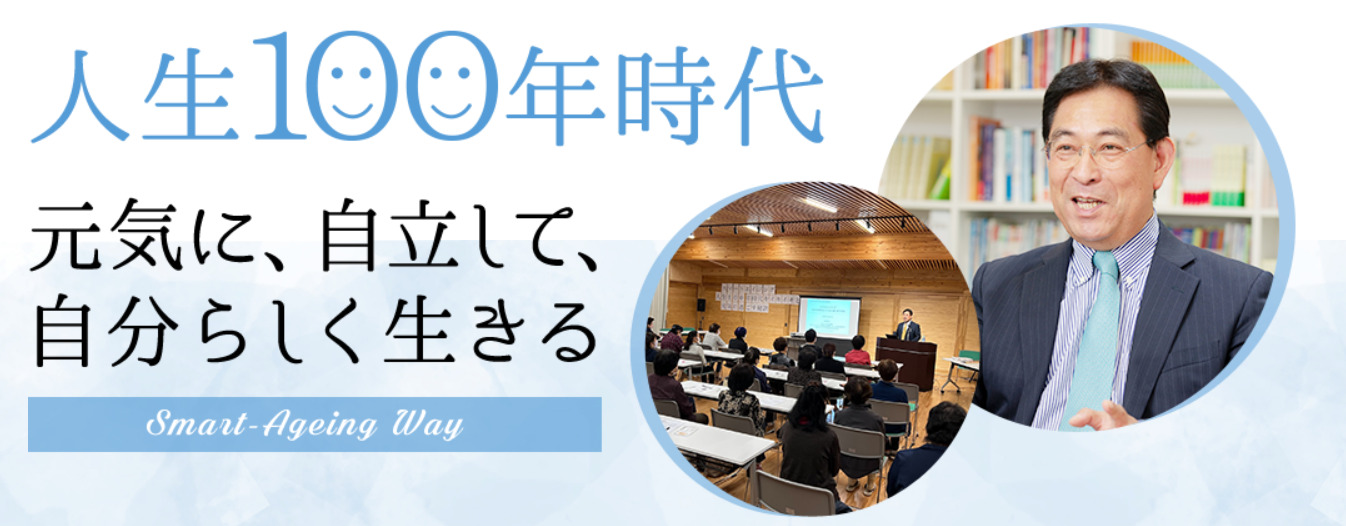インターナショナル・ヘラルド・トリビューン 9月8日号
村田裕之
Kazuo Mashita and his wife travel overseas from Tokyo at least three times a year. Before he retires in five years, Mashita, the 70-year-old president of a Japanese accounting company, plans to take a round-the-world cruise.
“We no longer fit the traditional image of Japan’s elderly who live modestly,” said Mashita, whose latest jaunt was a one- month “senior college” tour of Canada to hone his English- language skills. “Seniors of my generation are very healthy and energetic, and don’t mind spending money on what interests us.” Language-tour groups for older people are the brainchild of JTB, the biggest travel agent in Japan, which says the number of participants has increased sixfold since 1999. Last year JTB added Australia to its offerings for the elderly.
It is not just tourism agencies going after the elders’ yen. NTT DoCoMo with its cellphones, Wacoal with its underwear and NEC with its computers are among the Japanese companies focusing on older consumers to protect their sales in Japan, the world’s second- largest economy. Japan’s 23 million retired people spend 25 trillion yen, $214 billion, a year, government figures show.
By 2030, the government forecasts that people aged over 65 will number about 35 million, or a third of the projected population, the highest percentage in the industrialized world. Japanese already live longer than anyone else; a record low birthrate of 1.32 children per woman last year led to government warnings that births may fall to less than one child per woman by 2007.
“Companies have no choice but to adjust their strategies to suit the needs of seniors,” said Yoko Araki, a senior planner at Dentsu, the biggest advertising agency in Japan. “It’s not too much to say that their survival depends on it.”
The same challenges confront businesses in the United States and Western Europe. Those over 65 will comprise 20 percent of the U.S. population by 2030, up from about 13 percent in 2001, according to the World Bank. In Britain, the forecast is 22 percent, up from 16 percent.
Japan already has a ready-made market among its over-50’s, who hold 75 percent of the country’s personal savings of 1,400 trillion yen. “The range and kinds of companies trying to target the senior market have expanded” in recent years, said Hiroyuki Murata, president of Murata Associates, a consulting and research company based in Tokyo.





